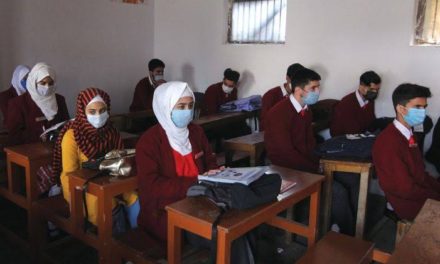![]()
KNZ NEWS DESK
Twenty-nine Indian cities and towns, including Delhi and capitals of nine states, fall under “severe” to “very severe” seismic zones – highly vulnerable to earthquakes – according to the National Centre for Seismology (NCS).
A majority of these places are in the Himalayas, one of the most seismically active regions in the world.
Delhi, Patna (Bihar), Srinagar (Jammu and Kashmir), Kohima (Nagaland), Puducherry, Guwahati (Assam), Gangtok (Sikkim), Shimla (Himachal Pradesh), Dehradun (Uttarakhand), Imphal (Manipur) and Chandigarh fall under seismic zones IV and V. These cities have a combined population of over three crore.
A majority of these places are in the Himalayas, one of the most seismically active regions in the world.
Delhi, Patna (Bihar), Srinagar (Jammu and Kashmir), Kohima (Nagaland), Puducherry, Guwahati (Assam), Gangtok (Sikkim), Shimla (Himachal Pradesh), Dehradun (Uttarakhand), Imphal (Manipur) and Chandigarh fall under seismic zones IV and V. These cities have a combined population of over three crore.
The Bureau of Indian Standards (BIS) has classified different regions in the country into zones II to V, based on their earthquake records, tectonic activities and damage caused, the director of the NCS, Vineet Gauhlat, said.
The entire northeastern region, parts of Jammu and Kashmir, Himachal Pradesh, Uttarkhand, the Rann of Kutch in Gujarat, parts of north Bihar and the Andaman and Nicobar archipelago falls under Zone V category – most active seismically. Zone II is considered the least seismically active, Zone IV and V fall under “severe” to “very severe” categories respectively.
The entire northeastern region, parts of Jammu and Kashmir, Himachal Pradesh, Uttarkhand, the Rann of Kutch in Gujarat, parts of north Bihar and the Andaman and Nicobar archipelago falls under Zone V category – most active seismically. Zone II is considered the least seismically active, Zone IV and V fall under “severe” to “very severe” categories respectively.
Parts of Jammu and Kashmir, Delhi, Sikkim, northern Uttar Pradesh, West Bengal, Gujarat and a small part of Maharashtra fall under Zone IV. Bhuj, which was struck by a massive earthquake in 2001 in which 20,000 people were killed, Chandigarh, Ambala, Amritsar, Ludhiana and Roorkee fall under zones IV and V.
M Rajeevan, Secretary, Ministry of Earth Sciences, said 31 new earthquake observatories will come up in the country by March next year. At present, there are 84 observatories. This is being done to detect and record earthquake parameters more accurately and identify possible precursors of tremors.
M Rajeevan, Secretary, Ministry of Earth Sciences, said 31 new earthquake observatories will come up in the country by March next year. At present, there are 84 observatories. This is being done to detect and record earthquake parameters more accurately and identify possible precursors of tremors.
























